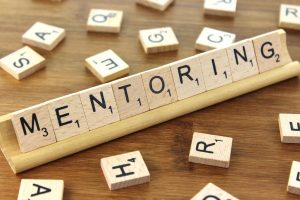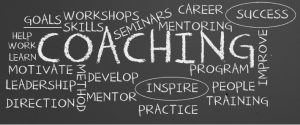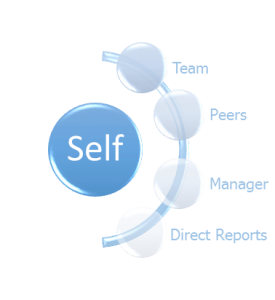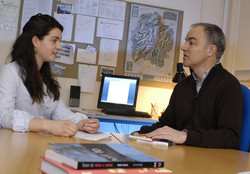January sees the launch of NU Mentoring – a revised generic mentoring scheme for all staff. The scheme offers staff the opportunity to be matched with a mentor with whom  they can explore their career options, discuss particular work-related challenges or simply have a sounding board outside of their line management structure. This is nothing new for the University – we’ve had successful mentoring schemes for many years but we want to make mentoring more widely available to staff at all levels.
they can explore their career options, discuss particular work-related challenges or simply have a sounding board outside of their line management structure. This is nothing new for the University – we’ve had successful mentoring schemes for many years but we want to make mentoring more widely available to staff at all levels.
For the scheme to be successful, we need to have a pool of good mentors, but we know how busy everyone is. Why should you give up your time to help someone else reach their potential? Being a mentor can be a very rewarding experience for a whole range of reasons:
- Sharing your experiences and knowledge can confirm their value
- You learn more from your own experiences by simplifying and distilling key lessons to others
- You gain a sense of satisfaction from helping others achieve their potential
- It provides an opportunity to challenge and be challenged in a positive way
- It is an opportunity to ‘give something back’
- Developing others is a useful skill and can help you in your own management development
- You’ll learn something new with each new mentoring relationship – this might be a new skill or knowledge.
Becoming a mentor does require some energy and effort on your part. You will need to undertake training and take your responsibilities seriously. Most of the hard work, however, is undertaken by the mentee. Mentoring therefore is one of those situations where there is gain for both parties, it requires a small amount of time and effort on your behalf, but there can be real and tangible benefits for you and your mentee. Over time this will all add up to improved performance across the University, which is good for all of us.
Find out more about NU Mentoring at go.ncl.ac.uk/mentoring.
Julie Bullimore, Staff Development Adviser





